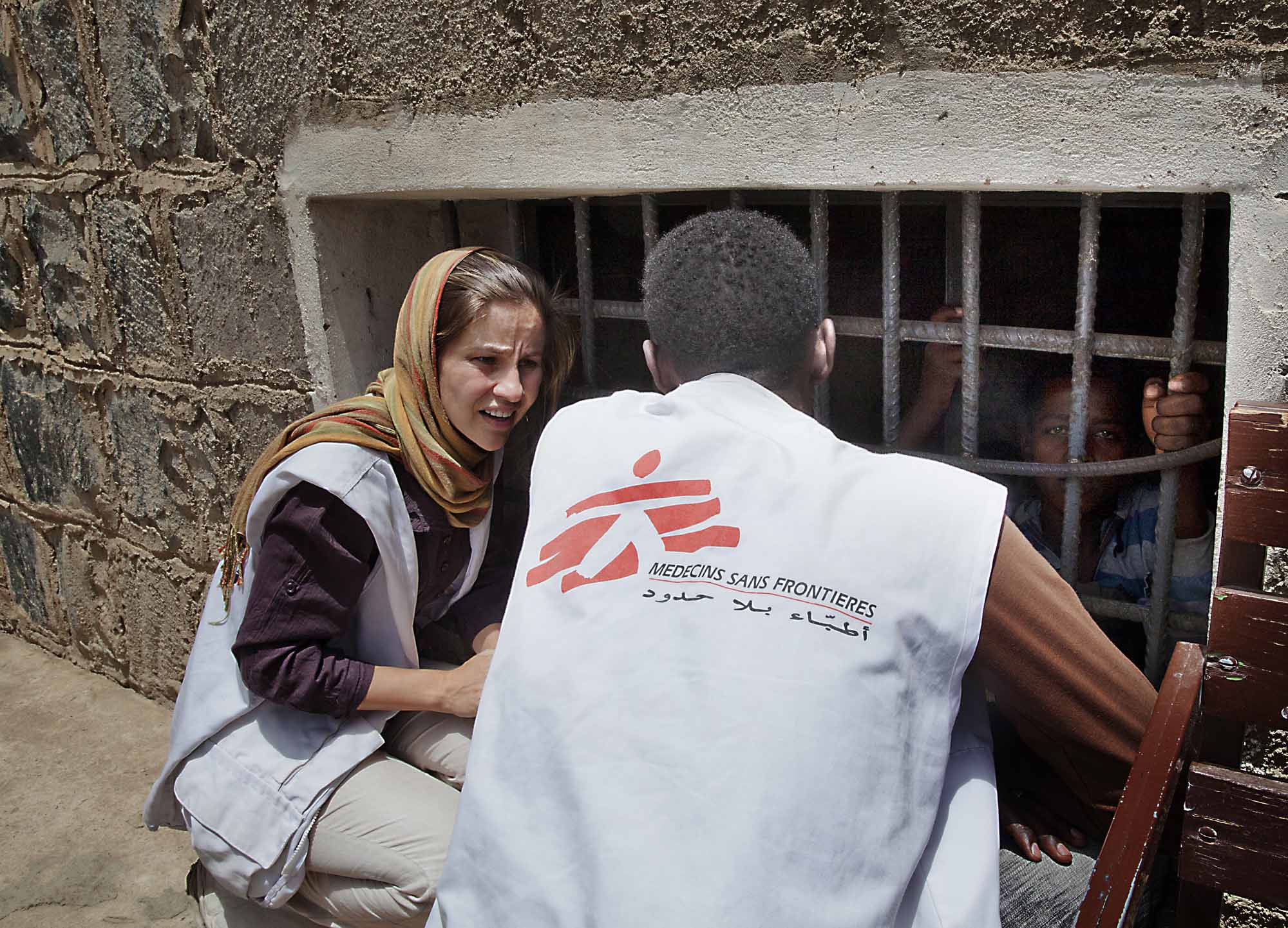
Empowering women against natural disasters in Bangladesh
World Food Programme project engages 1,800 ultra-poor individuals under a two-year resilience programme where participants, mostly women, take part in food-and-assets for work-and-training activities aimed at disaster risk reduction.
Sima, 34, is a group leader for the Saemaul Zero Hunger Community Project, which is implemented by the World Food Programme (WFP) in partnership with the Local Government Engineering Department and non-governmental organisations through funding from the Republic of Korea. The project engages 1,800 ultra-poor individuals under a two-year “Enhancing Resilience to Natural Disasters and the Effects of Climate Change” programme where participants, mostly women, take part in food-and-assets for work-and-training activities aimed at disaster risk reduction.
Resilience programme: enhancing resilience to natural disasters and effects of climate change
During the rainy monsoon months, up to 70 percent of Bangladesh gets inundated, making it tough for coastal communities to rebuild their lives.
In Royganj, Sirajganj, Sima Rani Das stands in ankle-deep mud along the roadside holding a makeshift soil leveler with one hand while directing her peers with the other.
“Everybody make sure to drink water,” she said, as the sun had reached its zenith and the temperature swelled to over 30 degrees celsius. About 25 women were fortifying a road embankment, built to prevent flooding and support a road in Rampur village.
Receiving food for community work activities
Community groups such as Sima’s, construct or repair embankments, raise roads, excavate irrigation canals and lift homesteads; in return they receive food, vouchers or cash.
Sima digs soil, moves it up the slope and instructs the team on digging and dressing. “I have been providing training on slope, width and length measurements. I have never worked outside my house, this is the first time! As a group leader, I support my team as much as I can,” Sima explained, just as their workday was ending.
“Our area is prone to flooding, and water often flows into our houses during the rainy monsoon months,” Sima recalls.
Empowering women while sustaining incomes
In 2014, Sima worked 78 days and received 156 kg rice, 16 kg pulses, 8 kg oil – about 4,500 taka (USD$58) as remuneration. “Before, my husband was the sole breadwinner, but now that both of us are working we can buy more nutritious food and save money,” she said.
Their combined income is 7,000 taka (USD$90). “Last year I bought a cow for 9,000 taka and this year I want to repair our house,” Sima shared as she sat by the dining table in her family’s small and tidy home, not far from the reinforced embankment.
Self-employment plays an important role in empowering women and sustaining economic gains at the household level. In the third year of the Saemaul Zero Hunger Community Project, a female member of each participating household receives a one-off cash grant for investment and 12 months of monthly subsistence allowance in order to help the woman strengthen her family’s resilience by starting income-generating activities and diversifying monetary sources.
Before participating in the project, Sima did not have much decision-making authority in the family. “I rarely left the house, I did whatever chores my husband or in-laws asked me to do. Now I am independent,” smiled Sima. “When I earn money, I can go to the market, buy meat and cook just the way I wish. I don’t need permission from anyone!”
Resilience programme: Start small, dream big
Sima and her team members also took part in a six-month training that taught them about various topics, including disaster preparedness, nutrition, health awareness and gender equality.
“I did not know the importance of cleaning a wound and applying an antiseptic cream,” she said. “I also did not know that a girl should not marry before she turns 18. Now mothers of daughters are more aware.”
Sima, herself a proud mother of a healthy six-year-old boy, dreams of his future. “I want him to study. I want him to be a pilot, doctor or lawyer. He will study and get a good job, then he will get married.”
In 2014, the Enhancing Resilience programme provided food or cash to more than 81,000 participants for efforts invested in rebuilding communal assets and receiving training. Including family members of the participants, over 400,000 people in 129 disaster-prone unions benefited from the programme. Eighty-six percent of workers and trainees during the first two years of the programme were women.



